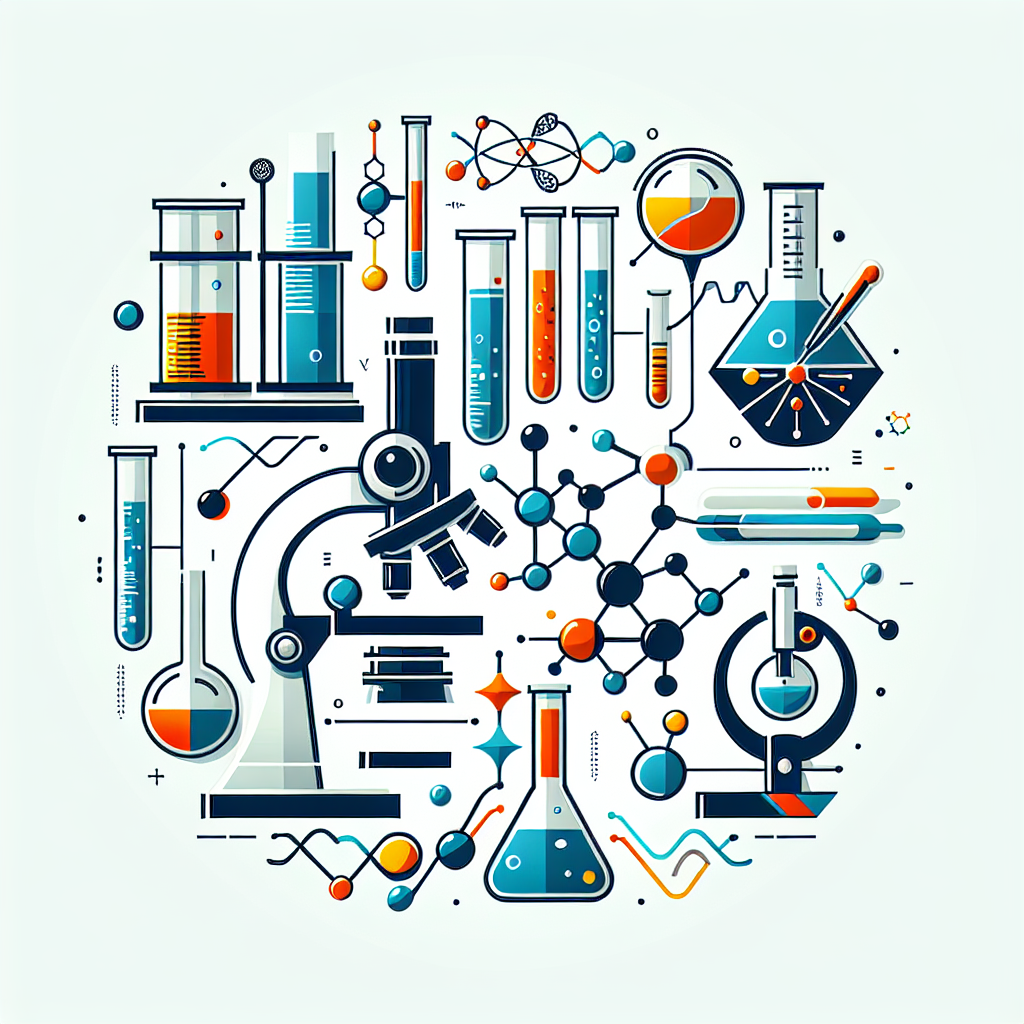
Analytical chemistry
Analytical chemistry is a branch of science that helps us figure out what things are made of. It's like solving a puzzle. When you have a mystery substance, you can use analytical chemistry to find out what pieces make it up. This can be important in all kinds of situations, such as checking if water is safe to drink, figuring out what's in a medicine, or even understanding why a piece of metal broke. It's a crucial tool for keeping us safe, healthy, and informed in many areas of life.
Additional Insights
-

Analytical chemistry is a branch of chemistry focused on identifying and quantifying the chemical components of substances. It involves techniques and methods that allow scientists to analyze materials, whether they are liquids, solids, or gases. By using instruments like spectrometers and chromatography, analytical chemists can determine what substances are present and in what amounts. This field plays a crucial role in various industries, including pharmaceuticals, environmental monitoring, and food safety, ensuring products are safe and meet quality standards. Essentially, analytical chemistry helps us understand the composition of the world around us.
-

Analytical chemistry is a branch of chemistry focused on identifying and quantifying the chemical components of substances. It involves techniques and methods to detect and measure different molecules, helping scientists understand what a sample contains and in what amounts. This field is essential in various industries, including pharmaceuticals, environmental science, and food safety, ensuring products are safe and effective. By employing tools like spectroscopy and chromatography, analytical chemists provide vital information that supports research, quality control, and regulatory compliance.